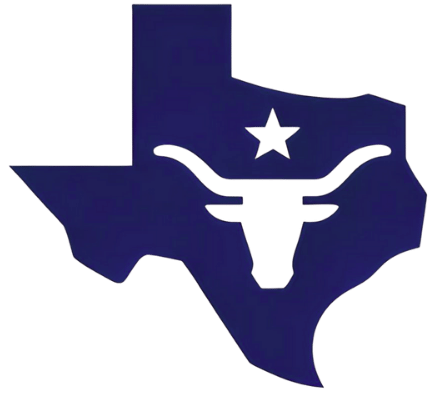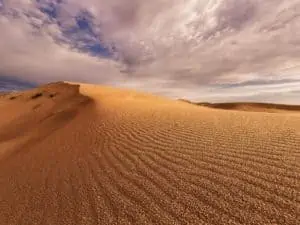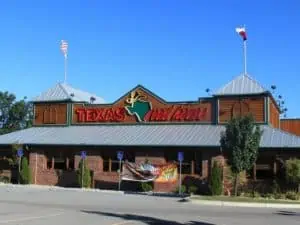Share the post "Why Texas Matters: The State’s Impact on the Nation and the World"
In many ways, Texas is the epitome of American culture. Throughout the United States’ vast tapestry, the Lone Star State has stood out. At its core, Texas, alongside its people, represents America’s essence, with its independence, liberty, and pride. Its lands are steeped in the country’s formative history.
But, aside from patriotism and identity, why is Texas important? Well, in this article, we tell you just that. We delve into the boundless horizons and untamed ambitions that Texas offers its residents and explore the culture that’s made Texas one of, if not the most popular state in the U.S.
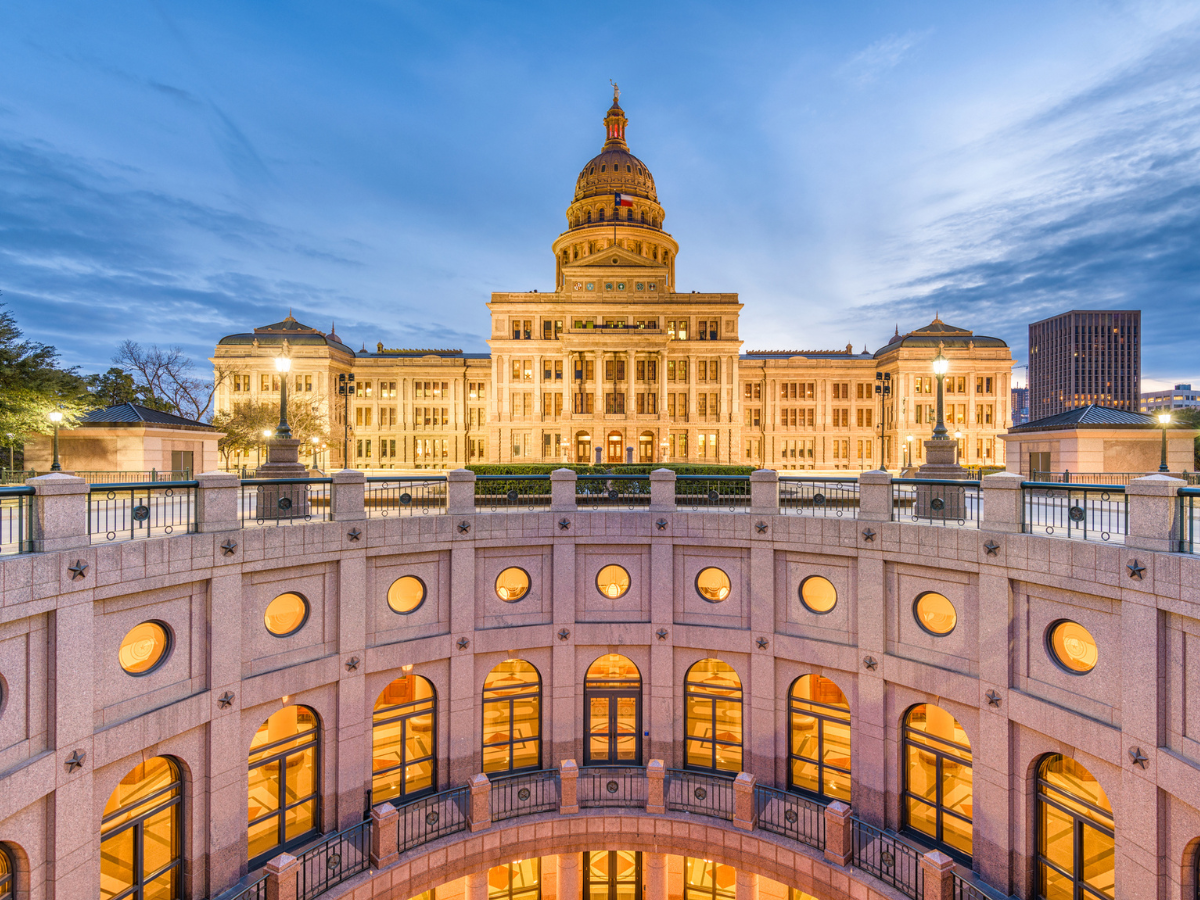
Why Is Texas Important?
Texas is the second-largest state in the country by size and population. The Texas population recently surpassed 30 million, joining California as the only other state to reach the thirties. It’s one of the most important locations for the country’s economy, employment market, and major industries.
Texas is also a cornerstone in American politics. Its scope and population give it significant sway in the political landscape. Yet still, regardless of who’s in office, Texas remains true to its origins and authentic as ever. This is one of the reasons people are relocating here in droves.
Today, the Lone Star State is far more than cowboys and freedom, however. Now, let’s take a look at why Texas is so important in the United States. Then, we’ll take a deeper dive into the state’s most important assets and the history that made it the iconic place that it is today.
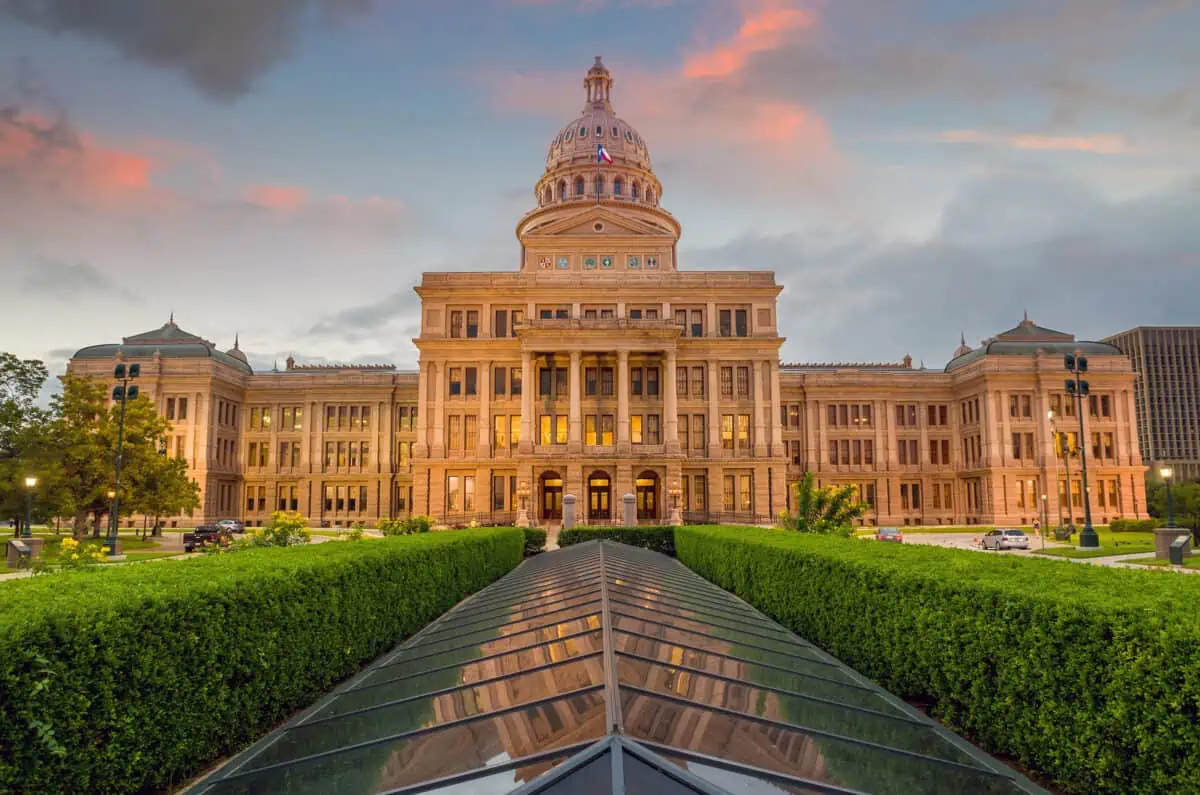
Economic Powerhouse
We’re sure you’ve heard the phrase, “Everything is bigger in Texas”. Well, this is most certainly true when it comes to the economy. Furthermore, the economy is remarkably diverse. While petrochemicals, ranching, and their satellite industries are enormous, there are several more strong industries in the state.
Agriculture, engineering, tech, military services, and aerospace are all thriving and have been for some time. Not to mention the music industry. Unbeknownst to many, Texas has the most significant music scene in the country. Austin is regarded as the world’s live music capital.
Listen to this to get a little context on where the Texas economy stands on a global landscape. If Texas were a country, it would rank number nine on the list of largest economies. This puts it ahead of significant nations like Russia, Spain, Australia, and Mexico.
Texas is home to the second-biggest civilian workforce on the planet (over 14 million people). This is one of the main reasons for its economic status. In addition to the sheer number of people, Texas also has excellent infrastructure that caters to national and international businesses by land, air, and sea.

Gross Domestic Product
It’s the leading state in the country for GDP, population growth, and exports. There are several more reasons for its economic strength. For example, Texas has invested significantly in education, including workforce schooling. It has over 180 colleges and universities.
Texas produces just under half of the country’s oil, around a quarter of its natural gas, and is the leading state for wind energy and the second for solar energy. Many large companies have moved to Texas in recent years, including Dell, Tesla, and Hewlett-Packard.
Texas has no income tax, making it an attractive place for employees and businesses. Companies can offer alluring packages to their workers, further stimulating the economy and accelerating its growth.
The good news for Texans is that these factors look set to improve even further, cementing it as an essential location.
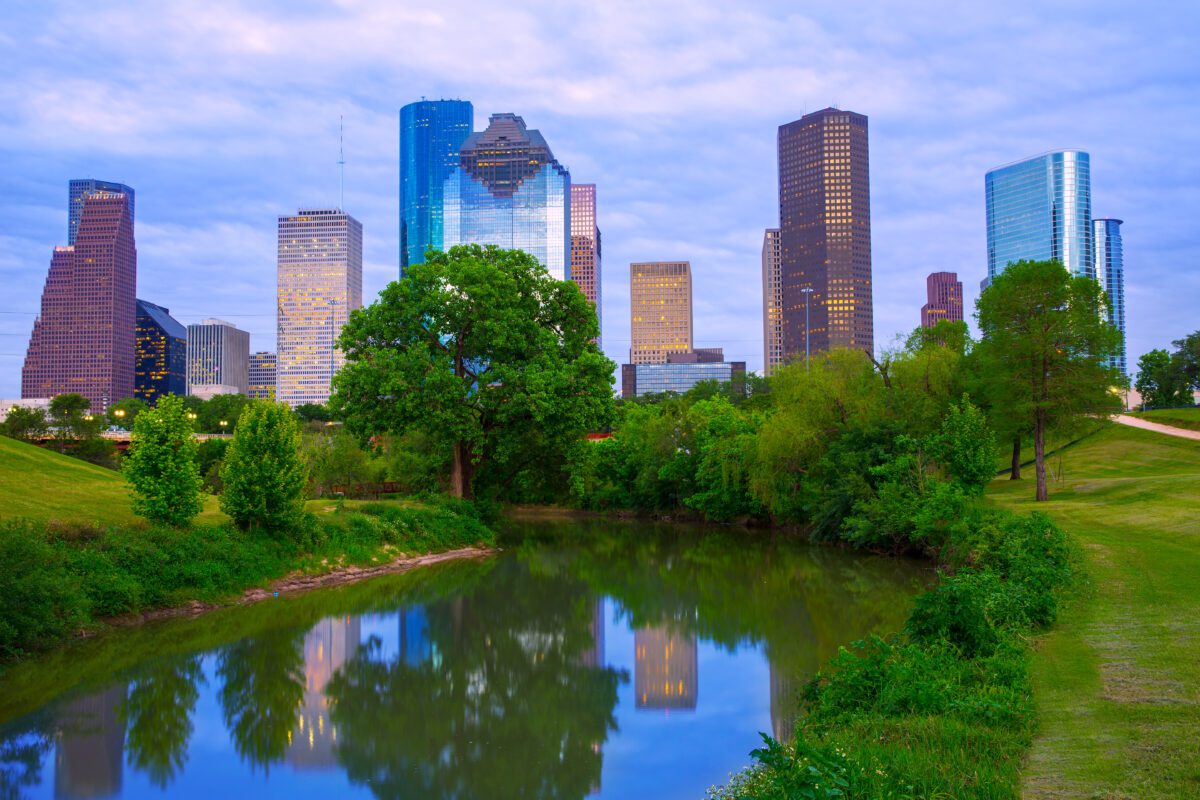
Leading State For Job Creation
Most people are aware of the tax incentives for working in Texas. It’s one of only seven states where workers feel the total value of their paycheck. And while it’s not unique regarding income tax, it still leads the nation in job creation. Corporation and income tax alone don’t necessarily sway the masses.
You see, Texas offers something more. It’s a safe and welcoming place for families. The local population is highly educated, and the thriving industries mean more ambitious workers enter the state daily. Texas provides opportunities for those looking for local and international careers.
Now, let’s take a look at some statistics. Texas has provided more new jobs than any other U.S. state over the past year, with over half a million new openings. The job creation rate is approximately 4% annually, well above the national average of 2.7%.
It boasts an unemployment rate of 4.1%, meaning most of the 14 million-person workforce has a job. For almost two decades, Texas has led the country in population growth. As long as the employment opportunities continue, so will the influx of workers and families.
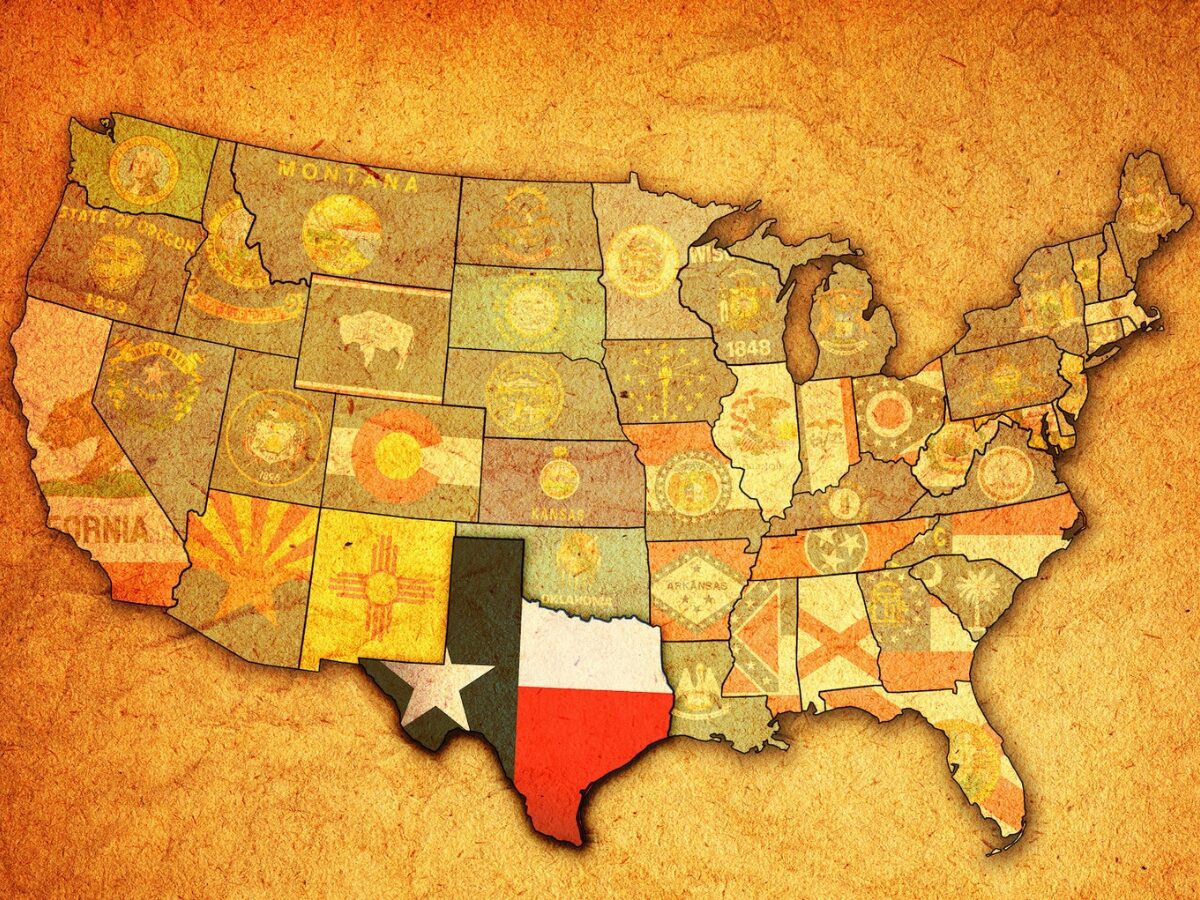
Rich American History
Texas has a long and storied history, which was fundamental in making it the great state we have today. It played an essential role in the revolution and was home to one of the most famous historical events in the history of the United States: the Battle of the Alamo.
It would likely be a different place if it weren’t for the many famous battles and revolutions on Texas soil. There’s every chance it wouldn’t be part of the United States. However, we’ll touch on the history of Texas a little later.
But to summarize its importance, the fact that Texas is the most significant state in the contiguous USA with an economy that dwarves most countries is no accident. Its unique history makes it one of the most critical places in the country, and that can’t be understated.
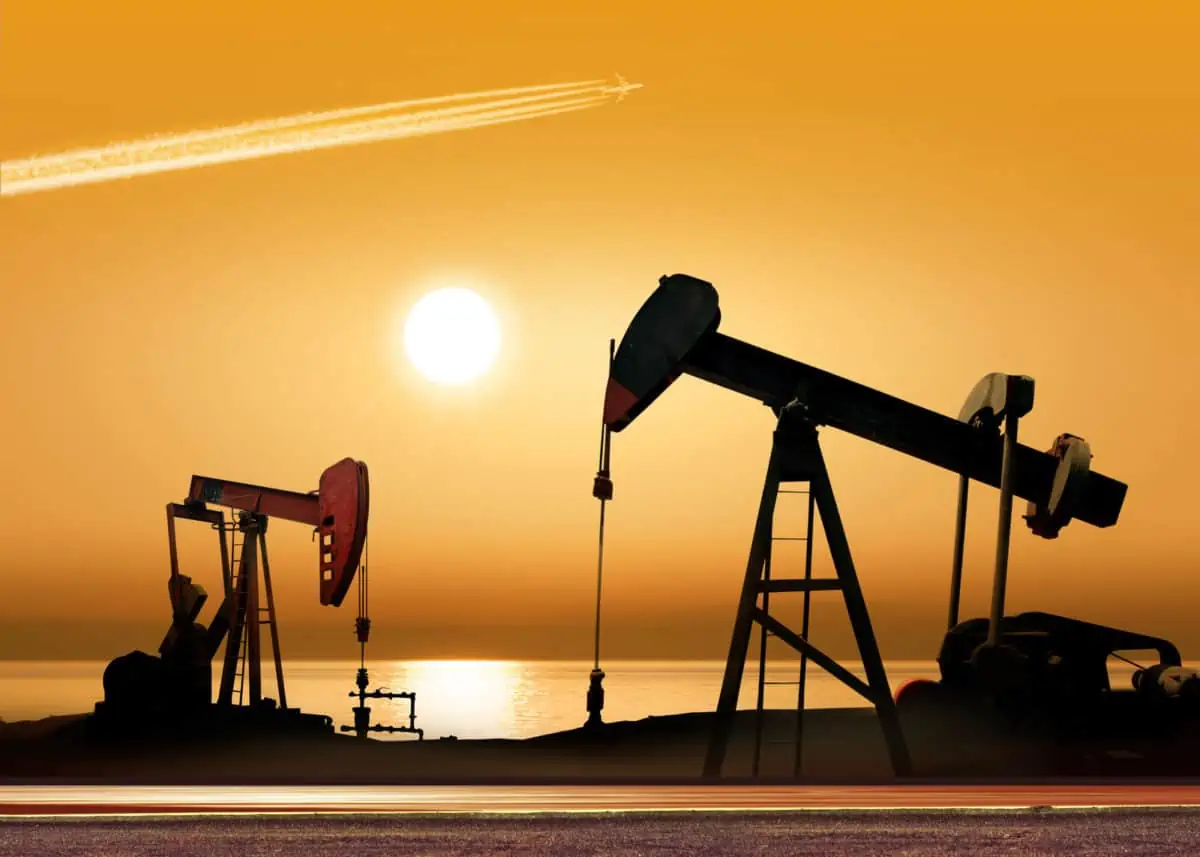
Energy Production
Texas is the energy hub of the U.S. As discussed, it’s the country’s leading crude oil and gas-producing region, accounting for 42% of crude oil and 27% of natural gas production nationwide. Texas also refines around a third of the country’s oil per year.
However, it’s not all oil and gas. Texas also generates much of the United States’ renewable energy, including wind and solar. Interestingly, wind power surpassed nuclear and coal-fired power generation in Texas over the past few decades. It’s a top producer of energy across all departments.
While Texas is also leading the way in energy consumption, much fuel is used to power its industrial economy. So this isn’t necessarily a bad thing. The Lone Star State is a pioneer in the world of renewable energy and is home to some of the biggest wind farms in the entire world.
If you were to ask what is the Texas economy based on, the short answer would be energy.
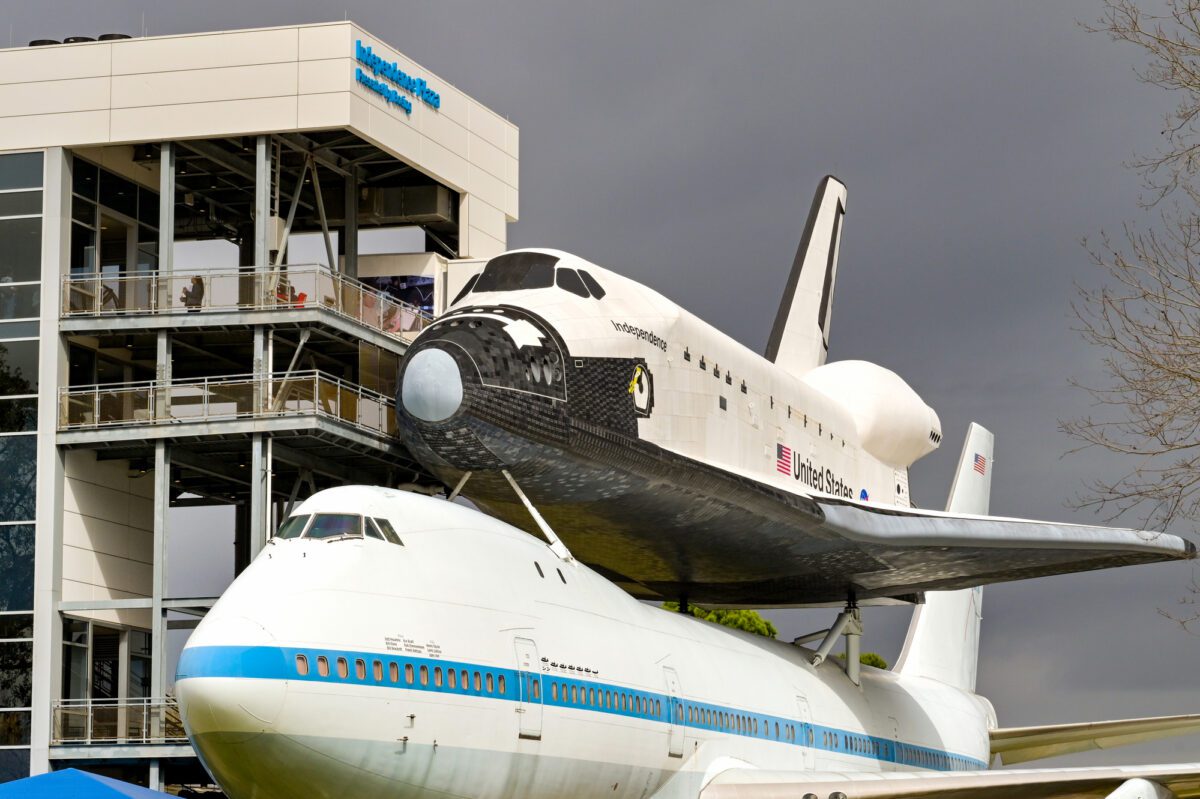
Aerospace
Texas is one of the most prominent states in the country in the aerospace world. Over 148,000 people in Texas are directly employed by the aviation and aerospace industries, across 1,400 organizations. Texas ranks number one in the nation for employment in these industries.
Texas has 1,450 airports (private and public), which is far more than any other state. To give this figure context, Alaska is second on the list with 549. The impact of the Texas aerospace industry has led to it becoming the most desirable location for aerospace work. Since 2015, 52,000 aviation-related degrees were awarded in Texas.
Texas is home to the NASA Lyndon B. Johnson Space Center (Houston), which has served as Mission Control for multiple space missions from the United States. Buzz Aldrin and Neil Armstrong trained and prepared for their Apollo 11 mission in Texas, and it’s now the primary training location for U.S. astronauts.
This historical association with aerospace has led to several major aviation and aerospace companies setting up their headquarters there. Lockheed Martin, Southwest Airlines, American Airlines, and Boeing all operate out of Texas.
Elon Musk’s SpaceX is set to launch the world’s premier commercial launch site in South Texas, securing Texas’s position as the go-to aerospace destination in the present and future.
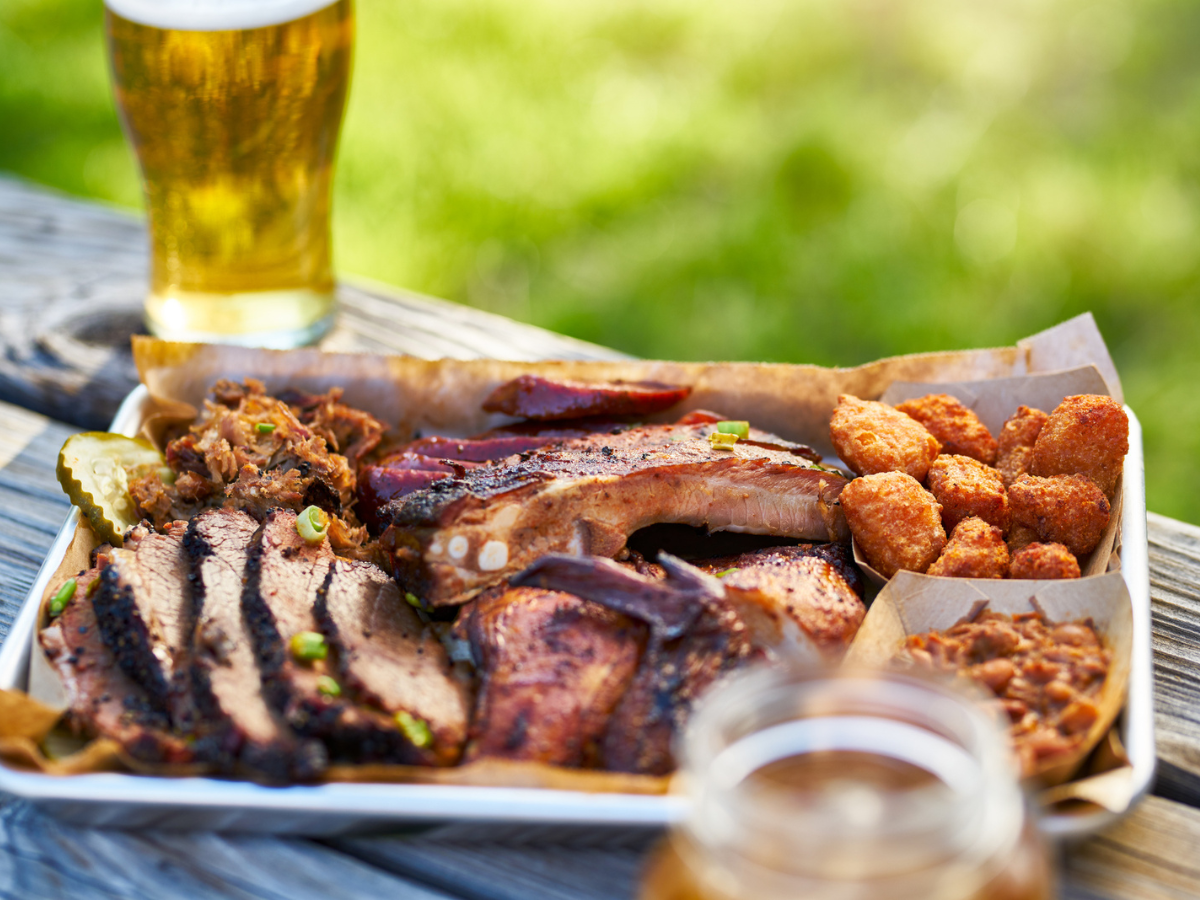
Cuisine
Unless you live under a rock, you’ll be familiar with the legendary Texas barbecue. Slow-cooking large slabs of succulent meat has been mastered by Texans over two centuries. But perhaps the shine on Texas BBQ has taken the attention away from other fine cuisines within the state.
Another reason Texas restaurants often fly under the radar is that Michelin Stars aren’t available in the state. Many people don’t realize that Michelin Stars are only awarded in specific locations, and Texas isn’t one of them. We’re confident that Texas would be right up there with California and New York if they were available.
You see, Texas is a cultural melting pot with culinary influences from all over the world. It’s estimated that there are close to 30 different ethnic groups in Texas, each contributing significantly to cooking styles and recipes throughout the state.
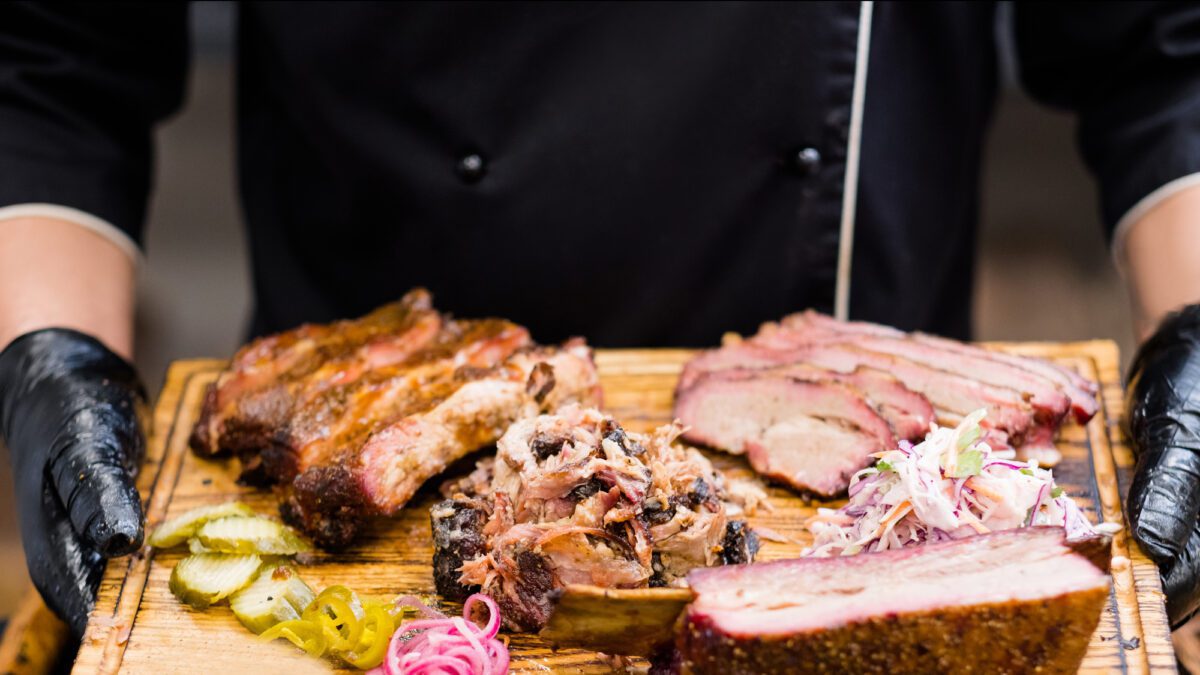
Five Regions
Texas has five separate culinary regions offering a variety of flavors. The climate, culture, flora, and fauna are the main influences in each area. For example, Tex-Mex is synonymous with the cities near the Mexican border, like San Antonio. The French influence along the Coastal Bend resulted in excellent French cuisine.
In New Texas, you can find the world-famous dry rub barbecue and signature dishes like chicken fried steak. The Old South East has Confederate roots, and the traditional foods include fried catfish, white gravy, meat and potatoes, and heavily sauced barbecue meats.
Finally, in Cowboy Country, you encounter throwbacks to cooking styles of old, such as cooking meat and other foods over a direct open flame. For many, the smokey flavor derived from the cooking technique is the trademark of Texas cuisine.
However, in modern-day Texas, top-class restaurants and eateries provide phenomenal food in every style. This is especially true in big cities.
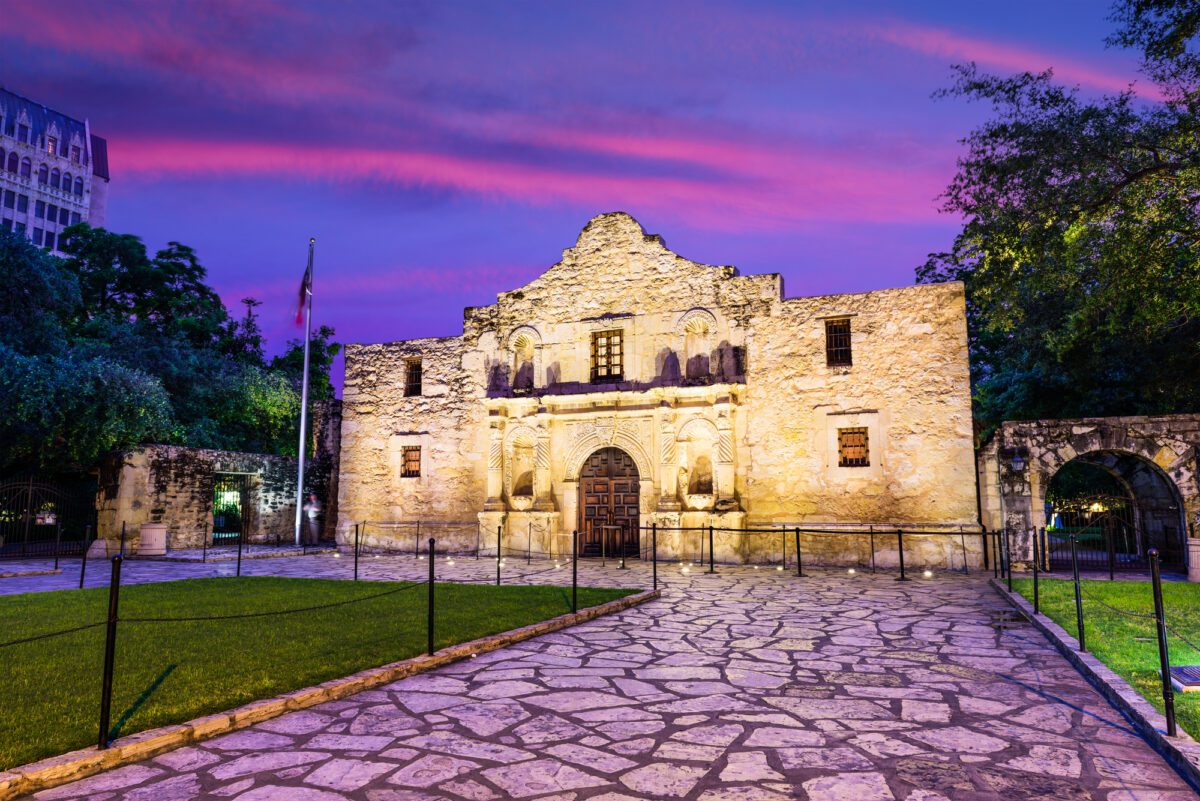
What Is The History Of Texas?
By now, you should at least have some idea of how the rich history of Texas has shaped the state into one of the biggest and best in the country. But so far, we’ve just touched on some of the most influential factors. So, let’s start filling in the historical gaps by answering a few critical questions.
Who Founded Texas?
Texas was founded officially in 1839 by Sam Houston, who served as president. Stephen Austin was his secretary of state. To honor the founders, the cities of Houston and Austin were named as such. Houston was the original state capital until Austin took the mantle in December 1839.
However, it’s believed that Texas was inhabited by settlers up to 37,000 years ago. Furthermore, it was occupied by the Spanish, French, and Mexicans at various stages throughout history.
But, after the Texas Revolution, it was annexed and eventually made the 28th state in the USA.

Who Were The First Settlers In Texas?
Native American ancestors were the first settlers in Texas. They lived predominantly in West Texas but also established camps in the more fertile parts of East Texas. Evidence suggests they lived there around 37,000 years ago and hunted local game with handmade spears and darts.
The first explorers to hit Texas were from Europe. They entered in the 1520s. For several hundred years after this, more and more explorers came, leading to several occupations and battles. Each of these settlements left lasting influences which still impact modern Texas culture.
Texas History Timeline
Texas has a long and storied history, and it would take an entire series of books to explain the whole story. So, to help you visualize its development through the years, here’s a timeline that includes some of the most formative moments.
- 1528: First Europeans arrive in Texas
- 1680s: The Spanish sent the first expeditions to Texas
- 1718: The Alamo is formed as a mission post and administrative center
- 1821: Mexico wins independence from Spain
- 1830: Mexico bans immigration from the U.S.
- 1835: Beginning of the Texas Revolution
- 1836: The Alamo falls
- 1836: Texas wins independence at the Battle of San Jacinto
- 1836: The Republic of Texas is formed
- 1839: Austin is officially named the Texas State Capital
- 1846: Texas is annexed to the United States
- 1846: The U.S.-Mexican War starts
- 1848: The war ends with the Treaty of Guadalupe-Hidalgo
- 1860-65: The Texas Civil War begins after Texas joins Confederacy
- 1865: Juneteenth
- 1876: The current Texas Constitution was adopted
- 1893: The Texas Equal Rights Association is established
- 1894: Texans discover oil in Corsicana
- 1910: The first military air flight takes off from San Antonio
- 1919: Prohibition starts
- 1919: Texas adopts the 19th Amendment, giving women the right to vote
- 1954: Texas ends segregation in public schools
- 1962: Spacecraft Center opens in Houston
- 1963: President John F. Kennedy is assassinated in Dallas
- 1988: George H.W. Bush is elected president of the U.S.
- 1993: Kay Bailey Hutchison becomes the first woman from Texas to be elected to the U.S. Senate
- 1994-2008: George W. Bush elected 46th Governor of Texas before becoming president of the U.S. in 2000.
Texas has such a comprehensive past that it’s next to impossible to identify the ten critical events in Texas history. It goes far deeper than that.
References
- Texas population: census.gov
- Texas economy statistics: businessintexas.com
- Texas employment statistics: texas.gov
- Texas energy statistics: eia.gov
- Number of airports in Texas: statista.com
Share the post "Why Texas Matters: The State’s Impact on the Nation and the World"
Christian Linden is a seasoned writer and contributor at Texas View, specializing in topics that resonate with the Texan community. With over a decade of experience in journalism, Christian brings a wealth of knowledge in local politics, culture, and lifestyle. He holds a Bachelor's degree in Communications from the University of Texas. When he's not writing, Christian enjoys spending weekends traveling across Texas with his family, exploring everything from bustling cities to serene landscapes.
